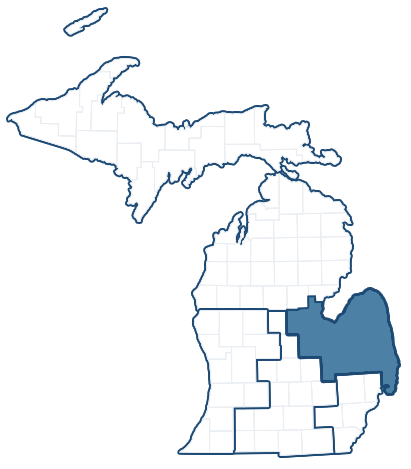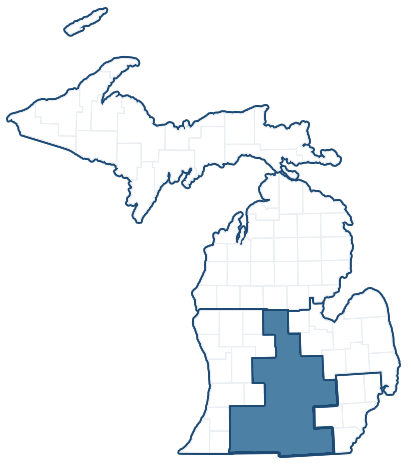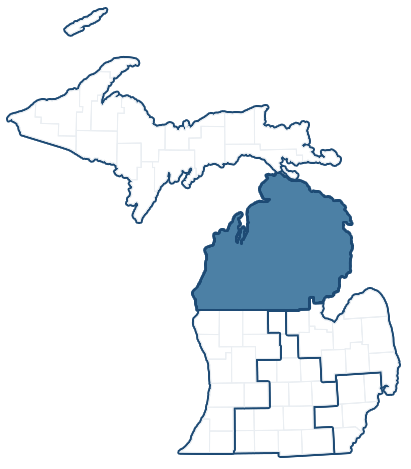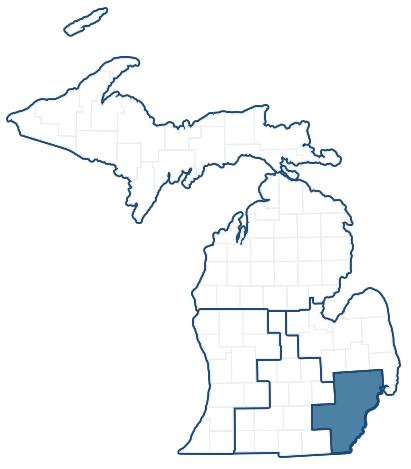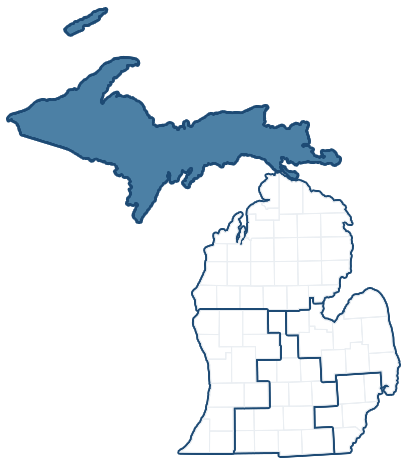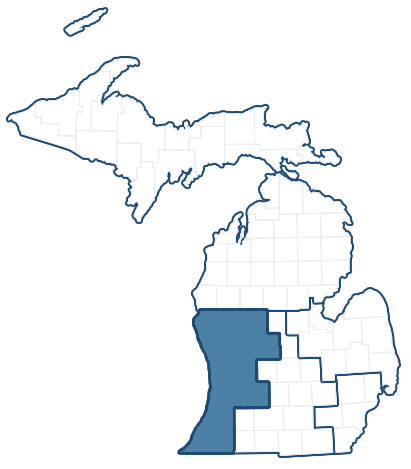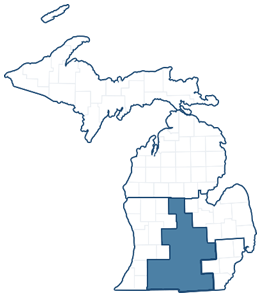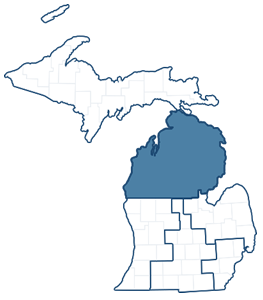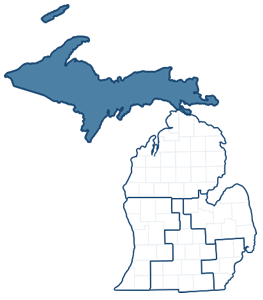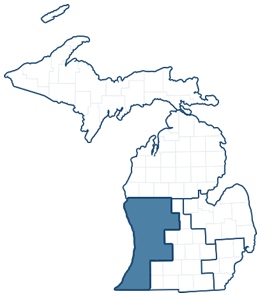Senators Peters, Stabenow Call for Robust Funding for National Sea Grant College Program
Wednesday, June 07, 2017U.S. Senators Gary Peters and Debbie Stabenow joined a bipartisan group of 25 senators in a letter calling for robust funding for the National Sea Grant College Program, which President Trump proposed to eliminate in his fiscal year 2018 budget. The National Sea Grant College Program provides vital support to local businesses and is a crucial resource for Michigan’s coastal communities.
“We urge you to reject the administration’s proposed elimination of the National Sea Grant College Program… [and] continue to support at least the current funding level of $63 million,” wrote the bipartisan group of senators. “As senators from some of the 33 states with Sea Grant Programs, we see firsthand how this federal investment is leveraged locally to bring immense returns to coastal communities, fishermen, universities, and students. Any cuts to this funding would have a devastating impact and we strongly urge you to reject any proposals to reduce this program.”
The Sea Grant program conducts critical research and economic development work that helps support coastal communities in Michigan. The $67.3 federal investment in the program from fiscal year 2015 yielded a $575 million economic benefit to communities across the country—an 854% return on the federal investment. In 2013, Sea Grant was funded at $57 million and delivered $485 million in economic development, created or retained 3,400 businesses, and created or retained 15,000 jobs nationally.
In Michigan, Sea Grant Extension educators live and work in coastal communities around the state to provide scientific expertise and other services to local government and community leaders. In Michigan alone, the estimated economic benefit of Sea Grant activities in 2011 was $1.3 million.
Also signing the letter were U.S. Senators Chris Murphy (D-CT), Bill Cassidy (R-LA), Jeff Merkley (D-OR), Susan Collins (R-ME), Cory Booker (D-NJ), Tom Carper (D-DE), Ed Markey (D-MA), Angus King (I-ME), Elizabeth Warren (D-MA), Ron Wyden (D-OR), Sherrod Brown (D-OH), Sheldon Whitehouse (D-RI), Richard Blumenthal (D-CT), Amy Klobuchar (D-MN), Maria Cantwell (D-WA), Maggie Hassan (D-NH), Dianne Feinstein (D-CA), Tim Kaine (D-VA), Al Franken (D-MN), Chris Van Hollen (D-MD), Chris Coons (D-DE), Bernie Sanders (I-VT), Ben Cardin (D-MD), and Tammy Baldwin (D-WI).
Full text of the letter is available online and below:
The Honorable Richard Shelby The Honorable Jeanne Shaheen
Chairman Ranking Member
Commerce, Justice, Science and Commerce, Justice, Science and
Related Agencies Subcommittee Related Agencies Subcommittee
Senate Appropriations Committee Senate Appropriations Committee
Washington, DC 20510 Washington, DC 20510
Dear Chairman Shelby and Ranking Member Shaheen:
As you work to draft the Fiscal Year (FY) 2018 Commerce, Justice, Science, and Related Agencies Appropriations Bill, we urge you to reject the administration’s proposed elimination of the National Sea Grant College Program. We continue to support at least the current funding level of $63 million.
As senators from some of the 33 states with Sea Grant Programs, we see firsthand how this federal investment is leveraged locally to bring immense returns to coastal communities, fishermen, universities, and students. Any cuts to this funding would have a devastating impact and we strongly urge you to reject any proposals to reduce this program.
The National Sea Grant College Program is a federal-local partnership that funds 33 university-based research, extension, and education centers. The federal investment of $67.3 million in FY 2015 in these centers yielded $575 million in economic benefit, an 854 percent return on federal investment. This economic impact includes creating and sustaining nearly 3,000 local businesses and more than 20,000 jobs. Marine businesses and fishermen in coastal communities rely on the knowledge and skills of Sea Grant staff and outreach materials. This is evidenced by the 40,243 fishermen that Sea Grant helped to adopt sustainable harvesting techniques. Sea Grant has also helped train 1,956 professionals working in the seafood processing industry in hazard analysis and critical control points.
In addition to supporting businesses and jobs in local communities across the country, Sea Grant programs provide innovative research and technologies to help local communities meet new challenges such as coastal resiliency and address long-term goals like habitat restoration or water quality monitoring. In the past year alone, Sea Grant programs conducted 896 trainings to help communities improve resiliency, restored 127,348 acres of degraded ecosystems, and developed 582 ecosystem-based management tools used by 4,033 resource managers.
Finally, Sea Grant programs across the country are helping educate the next generation of marine scientists by supporting 1,108 graduate fellows and 860 undergraduate students. Sea Grant programs also engage the public in science through a volunteer program. As a part of this program, local volunteers completed 265,602 volunteer hours with Sea Grant programs in 2015.
Sea Grant Programs are vital to local businesses, a source of good jobs, and an important part of preserving our coastal communities for generations to come. We believe zeroing out or reducing funding for the Sea Grant program would be a mistake and urge you to provide robust support for the program in the Fiscal Year 2018 bill.
Next Article Previous Article




